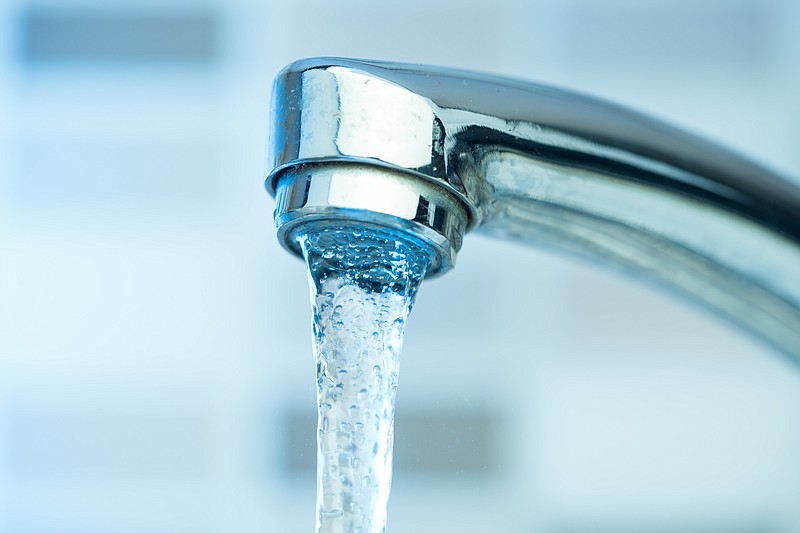As students return to classes, several North Georgia school districts are deciding whether they will take part in a federally funded program covering the cost of lead water testing in the state's public schools. So far, districts in Dade, Catoosa, Whitfield and Walker counties have shown interest.
Free to schools, the Clean Water for Georgia Kids program is open to up to 800 public schools. RTI International, the North Carolina nonprofit research group in charge of the testing, said it began accepting applications in July and intends to expand the program to include testing at child care centers later this year.
Participating school districts will be invited to a training webinar to learn about testing, after which they will receive a test kit complete with sample bottles and a prepaid shipping label. They will collect and ship water samples back to RTI International. Rresults will be returned to schools as soon as possible, along with specific recommendations on no-cost and low-cost solutions to improve water quality.
Schools with increased levels of lead in their drinking water will receive additional recommendations to fix the issue and be invited to retest at a later date.
Given that the U.S. Centers for Disease Control and Prevention states there is no safe lead level in children's blood and even low levels can affect IQ, damage the nervous system and negatively effect classroom achievement, experts say school districts should apply for the program while spots are available. Dr. Gary Voccio, health director for the 10-county Georgia Department of Public Health Northwest District, said children exposed to lead could suffer from memory impairment and behavioral problems, alongside other issues such as problems with hearing, speech and growth.
"All kids, no matter where they live, should have access to safe drinking water in school. Drinking water is important for helping kids grow up healthy, and water should be safe to drink," Voccio said. "Lead exposure can impose a lifetime burden on children and their communities because of its adverse impact on a child's development, so from a public health perspective a testing program that might help lower the lead content of school drinking water and make it safer to drink is certainly useful and worthwhile."
A March 2019 report from the Environment America Research and Policy Center found 25 of 60 Atlanta-area schools tested had lead water levels above 15 parts per billion (ppb). That level is the Environmental Protection Agency standard, not a health standard, and is intended to be used to determine whether it is necessary to adjust corrosion control levels or seek other treatment to remove lead from water. It is also the level at which RTI International has decided schools will require further testing.
"If a tap has 15 ppb lead or more, you must close access to that outlet immediately and ensure that children and staff have access to an alternate source of water free of charge," RTI International states in its guidance to interested schools.
There is no federal mandate that schools must test their water for lead, and while legislation to require such testing made it through the Georgia state Senate in 2017, it struggled in the House. Georgia now does not require or incentivize any lead water testing in its public schools.
Officials with the Dade County, Catoosa County and Walker County public school districts said they will attend a webinar to learn more about the Clean Water for Georgia Kids program. Whitfield County Schools is in the process of applying for testing.
In 2018, Tennessee passed a law requiring school districts to implement policies to test for lead in school drinking water. Under state law, any source where testing results are equal to or greater than 20 ppb will be immediately removed from service, and retesting will occur within 90 days. Hamilton County Schools will follow EPA guidelines and take corrective action at any water tap with a testing result equal to or greater than the 15 ppb threshold.
"All sources where lead is identified at or above the EPA recommended level of 15 ppb will immediately be marked as 'out-of-service' with appropriate signage and corrective action taken before students return for the school year," the district's website reads. "Hamilton County Schools sees this project as an opportunity to increase awareness of lead in drinking water and to improve the public health of families across the area."
Contact Kelcey Caulder at kcaulder@timesfreepress.com or 423-757-6327. Follow her on Twitter @kelceycaulder.
